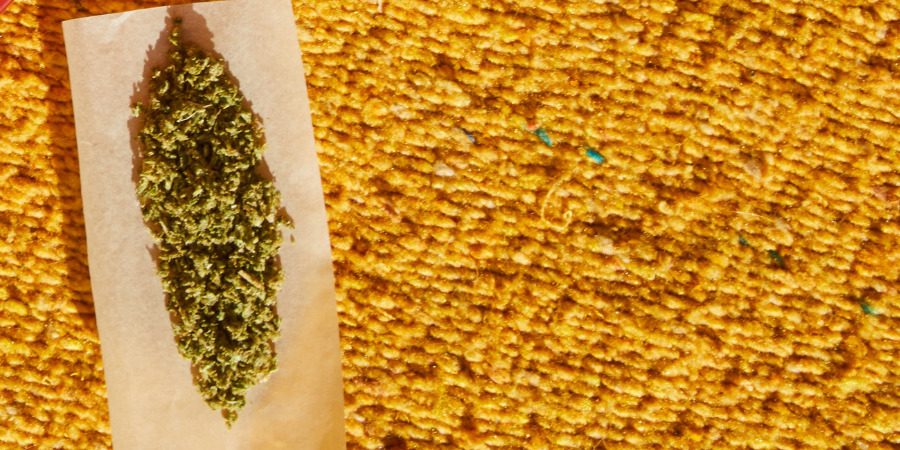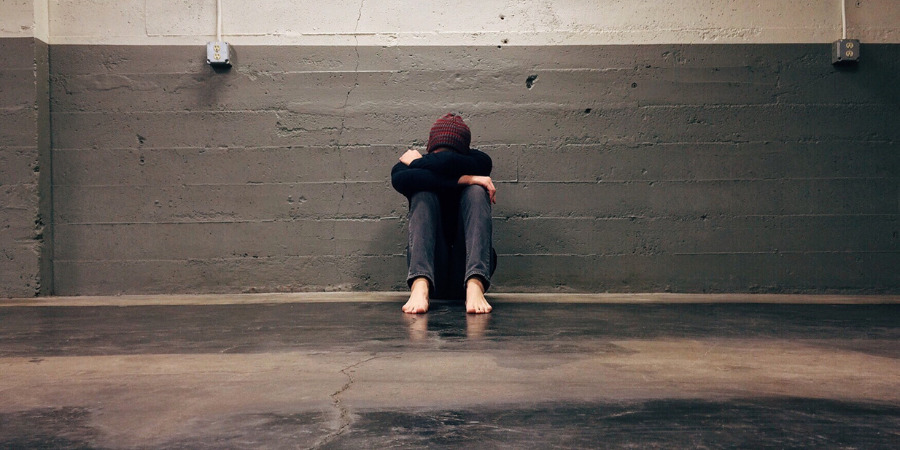
Written by:

Medically Reviewed by:
Last Updated:
February 14th, 2025
Legal High Addiction
What are legal high drugs?
Legal high drugs, also known as novel psychoactive substances (NPS), are synthetic substances designed to mimic the effects of illegal drugs such as cocaine, cannabis or MDMA. These substances were initially marketed under misleading labels like ‘bath salts’ or ‘plant food,’ giving the impression they were harmless.
The term ‘legal high’ originated during a time when these drugs were technically legal, as their chemical compositions were deliberately altered to avoid existing drug laws. However, their significant health risks soon became clear, leading to a blanket ban across the UK.
Although these substances are now illegal, the term ‘legal high’ persists. They are still sold in various forms, including powders, pills and herbal mixtures and their dangers remain a concern.
What are the different types of legal high drugs?
Legal highs come in a variety of forms, each with its own risks and effects. They are often classified by their brand names, chemical compositions, or street names, which can make it a little confusing to identify.
For example:
- Synthetic cannabinoids (e.g., Spice, K2): Designed to mimic cannabis but far more potent and unpredictable, with a higher risk of severe side effects.
- Synthetic cathinones (e.g., bath salts, Flakka): Powerful stimulants that can cause intense euphoria but come with dangerous physical and psychological risks.
- Dissociatives (e.g., nitrous oxide): Often called laughing gas, these substances alter perception and can lead to dependency with repeated use.
- Hallucinogens (e.g., salvia divinorum): Produce intense psychoactive effects, often leading to unpredictable and risky behaviour.
- Herbal substances (e.g., kratom): Can act as stimulants or sedatives depending on the dose, with a significant risk of dependency over time.
Each type of legal high carries its own unique risks but many of these substances share a common danger: they are unpredictable, potentially addictive and often far more potent than users expect.
Are legal high drugs addictive?
Some legal high drugs have the potential to be not only addictive but also life-destroying. This is why, at Liberty House, we prioritise treatment for three of the most notorious legal high drugs: Spice, mephedrone and Benzo Fury. Below, we take a brief look at what makes addiction to these substances so devastating.

Spice Addiction
This synthetic cannabinoid is far stronger than natural cannabis, making it highly addictive. Its unpredictable effects often lead to intense cravings, while withdrawal symptoms, such as severe anxiety, agitation and insomnia, can make quitting incredibly difficult. Regular use rewires the brain’s reward system, trapping users in a cycle of dependence.
Spice Addiction

Mephedrone Addiction
Known for its stimulant effects, mephedrone acts on the brain’s dopamine and serotonin pathways, creating intense euphoria. Over time, users develop a tolerance, needing more of the drug to achieve the same effects. The drug’s rapid high and crash cycle leads to bingeing, which increases dependency and withdrawal risks.
Mephedrone Addiction

Benzo Fury Addiction
This stimulant produces powerful feelings of energy and euphoria but is highly addictive due to its effects on the brain’s dopamine system. The psychological pull to maintain these heightened states often leads to repeated use. Withdrawal symptoms, including fatigue, depression and cravings, make quitting challenging for users.
Benzo Fury Addiction
What are the signs of legal high drug addiction?
Recognising the signs of addiction to legal highs can be difficult because the effects vary depending on the substance. However, many addictions share common behavioural, psychological and physical signs that you can look out for.
Behavioural signs:
- Avoiding family or old friends while spending more time with new groups that encourage drug use.
- Hiding activities or being secretive about whereabouts and actions.
- Neglecting work, school or home responsibilities.
- Taking unnecessary risks, such as driving under the influence or engaging in unsafe sexual practices.
Psychological signs:
- Extreme mood swings, from irritability and anger to euphoria.
- Increased paranoia, anxiety or even panic attacks when not using.
- Difficulty concentrating or remembering things.
- Persistent feelings of sadness or hopelessness, particularly during withdrawal.
Physical signs:
- Changes in weight are often coupled with a lack of care for personal hygiene
- Disrupted sleep patterns, such as insomnia or excessive sleeping.
- Withdrawal symptoms like nausea, sweating, headaches or trembling.
- Frequent illnesses or physical health problems, such as respiratory issues.
If you or someone you care about is showing these signs, it’s important to seek help. Recognising the problem is the first step toward recovery.
How are legal high addictions treated at Liberty House?
At Liberty House, we take a compassionate and comprehensive approach to treating legal high addictions. Our programme is designed to address the physical, emotional and psychological aspects of addiction, giving you the tools to rebuild your life.
Assessment and detox
The journey begins with an in-depth assessment, allowing us to fully understand your needs and history. From there, we create a personalised treatment plan. Legal high detox is a key stage and is managed in a safe, medically supervised environment. Our staff are on hand to help you manage withdrawal symptoms and ensure your safety.
Therapy
Therapy plays a central role in recovery at Liberty House. We use a mix of approaches to provide well-rounded support, including:
- Cognitive Behavioural Therapy (CBT)
- Dialectical Behaviour Therapy (DBT)
- Individual counselling
- Group therapy
- Holistic therapies
Our therapy sessions aim to address both the legal high addiction and the underlying issues that contributed to it, offering a pathway to long-term recovery.
Aftercare
Our aftercare programme ensures you have ongoing support as you transition back to everyday life. This includes counselling, support groups and other resources to help you maintain your sobriety and avoid relapse.
Taking the first step toward recovery
If you or someone you care about is struggling with legal high addiction, it’s important to know that help is available. At Liberty House, we understand how isolating addiction can feel, but you don’t have to face it alone. Our experienced team is here to support you with compassion and understanding.
Whether it’s a dependency on Spice, mephedrone or another legal high, we’ll help you find the right path to recovery. With personalised care and ongoing support, we’re dedicated to helping you regain control of your life.
Take the first step today by reaching out to Liberty House. Together, we can help you overcome addiction and start a brighter chapter.
Frequently Asked Questions
(Click here to see works cited)
- Office, Home. “Psychoactive Substances Act 2016.” GOV.UK, GOV.UK, 19 Nov. 2018, www.gov.uk/government/collections/psychoactive-substances-bill-2015.
- Shafi A, Berry AJ, Sumnall H, Wood DM, Tracy DK. New psychoactive substances: a review and updates. Ther Adv Psychopharmacol. 2020 Dec 17;10:2045125320967197. doi: 10.1177/2045125320967197. PMID: 33414905; PMCID: PMC7750892.






